Instant payment is transforming the way we handle transactions. No longer do businesses have to wait for days to receive payments; instead, they can access their funds almost immediately. This not only improves cash flow but also enhances customer satisfaction, as they can pay and transfer money faster than ever before.
Unlike traditional payment methods that can take several days to process, instant payments ensure that funds are available almost immediately after the transactions are initiated. This speed and efficiency are particularly beneficial for businesses and customers who need to access their money quickly.
The evolution began with the introduction of faster payment systems, which aimed to reduce the time it took for transactions to be completed. Banks and financial institutions started to adopt these systems, leveraging advanced code and secure technologies to facilitate quicker transfers. This shift was driven by the need to enhance customers satisfaction and improve business operations.
As technology continued to advance, the concept of instant payments emerged. These payments allowed for real-time transfers of funds, providing an unprecedented level of speed and efficiency.
Governments and financial authorities recognize the need to ensure the security and efficiency of instant payment transactions. Instant payment regulations are designed to protect both businesses and customers, ensuring that money transfers are conducted safely and reliably:
Focus on the Instant Payment Regulation
The Instant Payment Regulation (IPR) adopted in 2024 aims to modernize the legislation on instant credit transfers within the SEPA (Single Euro Payments Area). This regulation mandates that Payment Service Providers (PSPs) offer a payee verification service when executing credit transfers. This verification must occur immediately after the payer provides payee details and before the transaction authorization. The regulation applies to all payment initiation channels and requires that the payee’s account identifier and name match exactly. If discrepancies are found, the payer is informed about the potential risk of sending funds to an unintended account.
By enabling real-time transactions between bank accounts, instant payments provide significant benefits for both businesses and customers. However, the journey towards widespread adoption of instant payments is not without its challenges. Security concerns, implementation costs, interoperability issues, regulatory compliance, and customer education are all critical factors that need to be addressed.
Despite these challenges, the future of instant payments looks promising. As more businesses and customers recognize the advantages of instant payments, and as banks continue to innovate and improve their systems, the adoption of instant payments is expected to grow.





